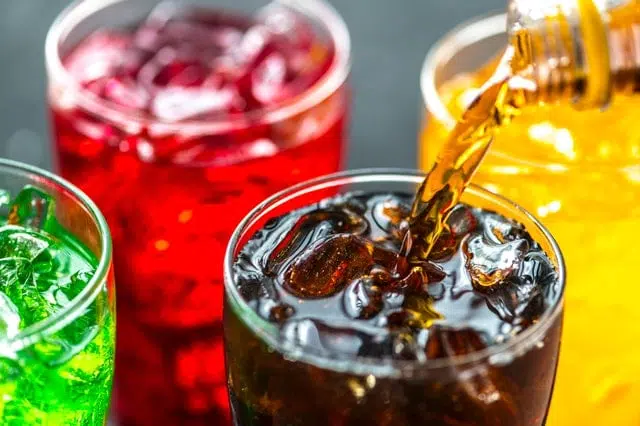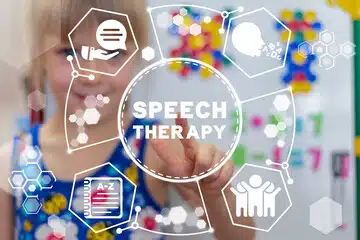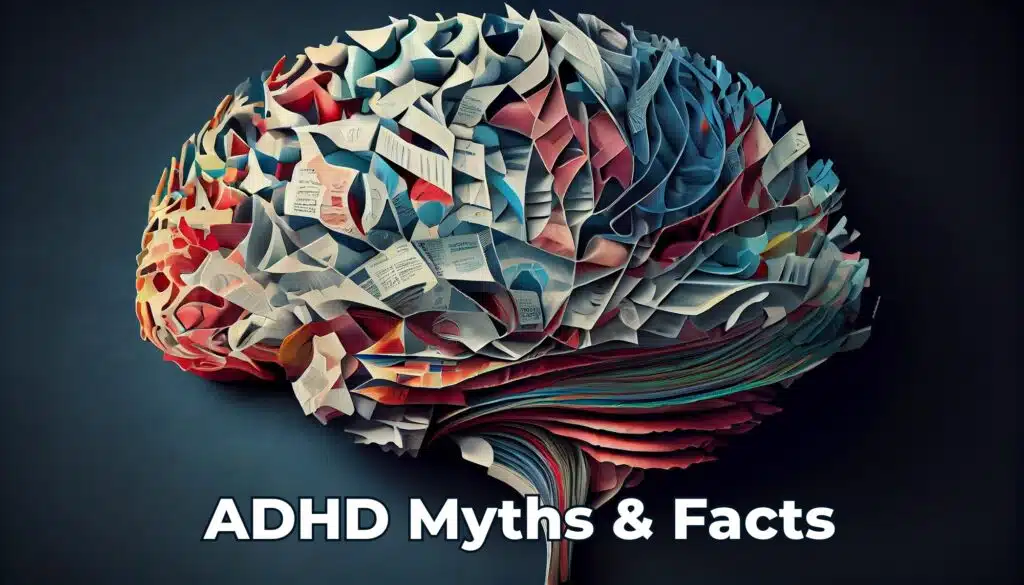Students try to cope with their hectic schedules by sleeping less and consuming high energy drinks to stay alert. They find it hard to balance the demands of studies, jobs, friends, and families. The combination of sleep deprivation and energy drinks can have harmful effects on their health.
The demand for energy drinks has grown considerably in recent times. These drinks boost energy by providing huge doses of sugar and caffeine. Many of them contain also other ingredients, such as guarana, phenylalanine, kola nut, and tyrosine. Many of these ingredients are unregulated, and they can have adverse interactions with other drugs.
Energy drinks can have harmful effects on a person’s health. In the short term, they can cause high blood pressure, irritability, caffeine overdose, insomnia, and anxiety. In the long term, these drinks can cause more serious health problems, such as obesity, type 2 diabetes, poor dental health, migraines, cardiovascular and neurological effects.
https://www.kbs.edu.au/news-and-events/blog/dangers-fuelling-study-energy-drinks/
Let’s take a closer look at the effects of energy drinks on development and learning in children and teenagers.
Should young people consume energy drinks?
- The American Academy of Pediatrics (AAP) recommends that children and teenagers should not consume energy drinks.
- According to estimates, 31% of children in the 12 to 17 age group consume energy drinks regularly.
- Children and teenagers are at risk of becoming addicted to the caffeine in these drinks, which can also have harmful effects on the developing brain and heart.
- Experts recommend that teenagers should not consume more than 100 mg of caffeine per day.
- Children should not consume more than 1.14 mg of caffeine per pound of body weight per day (2.5 mg/kg/day).
- It would be easy to go beyond these daily caffeine recommendations with a single can of an energy drink.
Harmful effects of energy drinks on children and teenagers
Large amounts of caffeine can cause severe heart and blood vessel problems, including high blood pressure, higher heart rate, and heart rhythm disturbances. Caffeine can harm a child’s developing nervous and cardiovascular systems.
The consumption of caffeine can cause dehydration, anxiety, digestive problems, and sleep problems. Many energy drinks include guarana, which contains caffeine and adds to the drink’s caffeine content.
Those who mix alcohol with caffeinated drinks may not be able to tell how drunk they are, even though their reaction time and motor coordination are impaired.
Excessive consumption of energy drinks can disrupt the sleep patterns of teenagers and induce risk-taking behaviour. The amount of sugar added to an energy drink may be more than the maximum amount recommended for the entire day.
https://nccih.nih.gov/health/energy-drinks
A study presented by the American Heart Association (AHA) showed that children who were less than six years old represented over 40% of the emergency calls related to energy drinks that were made to poison centers.
This is because many energy drinks combine caffeine from natural sources with pharmaceutical-grade caffeine, which can raise the blood pressure and heart rate and cause side effects.
https://health.clevelandclinic.org/why-energy-drinks-and-your-children-dont-mix/
Students who are juggling multiple commitments tend to sleep less and rely on energy drinks to cope with their hectic schedules. However, the use of energy drinks can cause many health problems.
It’s best to address the root cause of the problem instead of trying to deal with the symptoms. Better time management, enough sleep, a healthy diet, regular exercise, proper hydration, and meditation can help students to cope with their packed timetables.
https://www.kbs.edu.au/news-and-events/blog/dangers-fuelling-study-energy-drinks/



